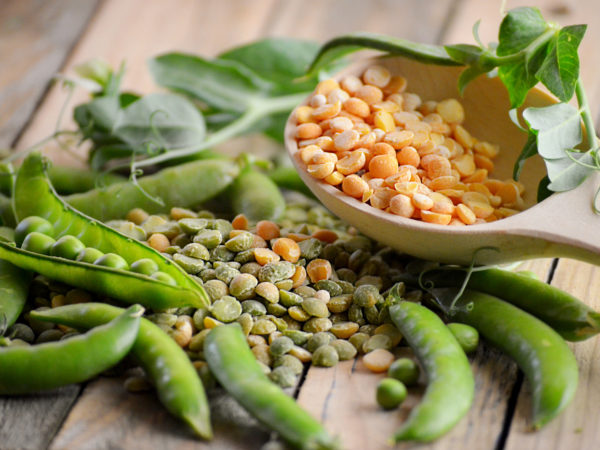Diet To Delay Menopause?
I’ve heard that certain diets can delay or hasten menopause. Can you tell me if this is true?
Andrew Weil, M.D. | October 2, 2018

A woman’s age at menopause is likely to be close to that of her mother and other female relatives. Ethnicity is also a factor: Hispanic and African-American women tend to stop having monthly periods a bit earlier, and Chinese and Japanese women a little later than the average age of 51.5 for Caucasians. And smoking is associated with earlier menopause.
The timing is significant because of health problems that become more common after periods cease. The earlier this occurs, the greater the risks of developing osteoporosis and heart disease. Late menopause is associated with increased risks of breast cancer, uterine cancer and ovarian cancer.
Some recent research does indicate that diet can influence the timing of menopause. A study from the UK published in April 2018 found that eating oily fish frequently appears to delay menopause for as long as three years. It also found that women whose diets were high in pasta, rice and other refined carbohydrates reached menopause about a year and a half earlier than the average age of 51 in the UK.
These new findings stem from information provided by some 14,000 women ages 35 to 69 from England, Scotland and Wales on their history of weight, physical activity, reproduction and use of hormone replacement therapy. They also completed food frequency questionnaires in which they estimated the amounts of 217 different foods they ate daily.
The final analysis of the food connection came from information provided by 914 women who reached menopause naturally after age 40 and before age 65. In addition to the link between eating oily fish and later menopause, consuming fresh legumes was associated with reaching menopause nearly 1.5 years later than the average age. Higher intakes of vitamin B6 and zinc also increased age at menopause slightly.
The researchers specified, however, that while later menopause was linked to diets containing oily fish and fresh legumes among women who had children, consumption of grapes and poultry were associated with later menopause among childless women.
Since this was an observational study, it couldn’t prove that diet actually caused changes in the age of onset of menopause. The researchers also noted that Food Frequency Questionnaires are subject to faulty recall on the part of respondents. Another limitation: the women in the study were more affluent and health conscious than average; those factors might have influenced the responses and the overall findings.
Andrew Weil, M.D.
Source:
Yashvee Dunneram et al, “Dietary intake and age at natural menopause: results from the UK Women’s Cohort Study.” BMJ, Epidemiology & Community Health, April 30, 2018. doi: 10.1136/jech-2017-209887











